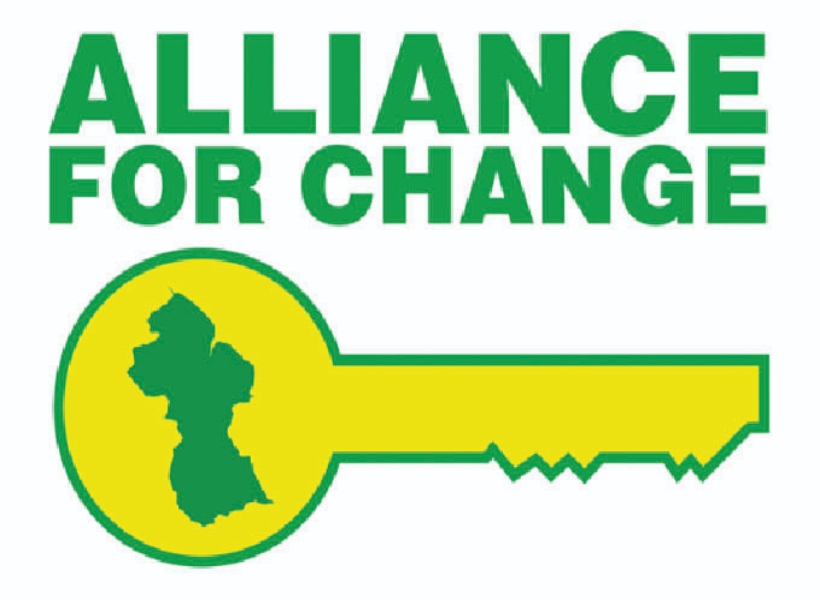The coalition administration is focused primarily, it seems, on how it will spend the US$300M that will come from first oil in 2020, provided that it is given an opportunity to remain in office for another term. But what it does not appear to be paying enough attention to, are some of the challenges that come with being a petro-state.
Just recently, Bloomberg Energy Correspondents Jessica Summers and Peter Millard sat down for a five-minute discussion on the challenges Guyana may face from an influx of oil and cash. High up on their list was adequate transparency and fending off the dreaded Dutch disease which is otherwise known as the paradox of plenty. Millard opined, in no uncertain terms, that Guyana will face the challenge of ensuring it implements transparency mechanisms such as public policies to ensure that the oil money is spent in a manner that brings the maximum benefit to the citizenry.
Millard further noted that Guyana needs to bear in mind, the exponential wealth that it is sitting on. In this regard, the energy correspondent who is based in Brazil noted that Guyana’s oil fields are considered to be world-class and are dubbed the most profitable for deepwater projects on the planet.
The Bloomberg correspondent also noted that the political parties of the day are going to have a lot more to fight over while pointing to some of the confusion that is already taking place. In this regard, Millard noted that a No-Confidence Motion was successfully passed on December 21, last, and according to the provisions of the Constitution, a date should have been set for General and Regional Elections, three months later. This is yet to be done, the official noted.
Be that as it may, Millard stressed that the political class will have to ensure that it manages this new resource efficiently, in a way that benefits the people to the highest degree.









